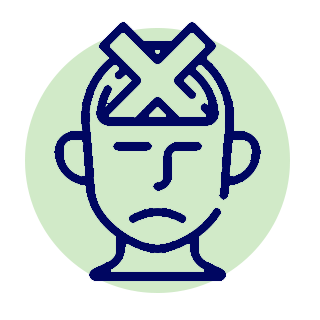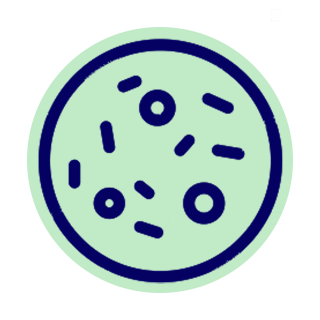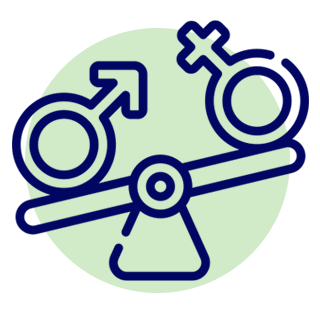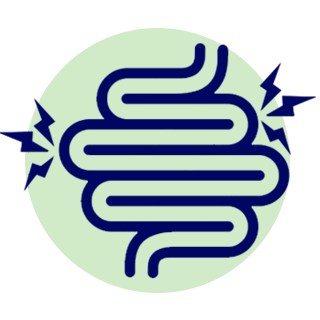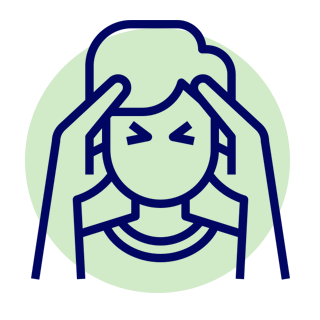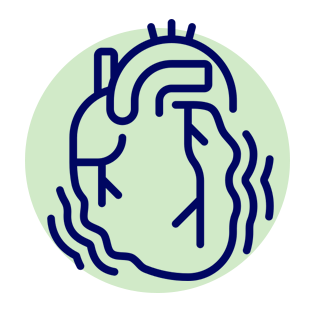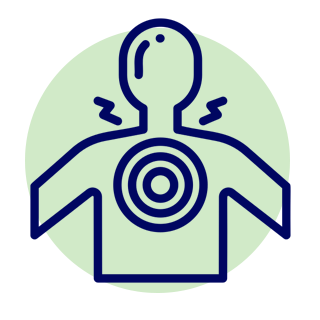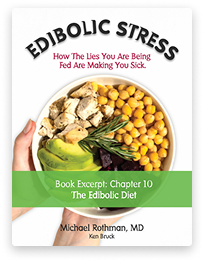Conditions We Treat
Chronic Illnesses
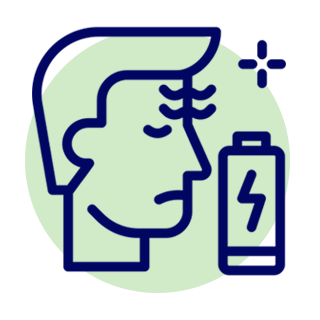
CFS
Chronic Fatigue Syndrome
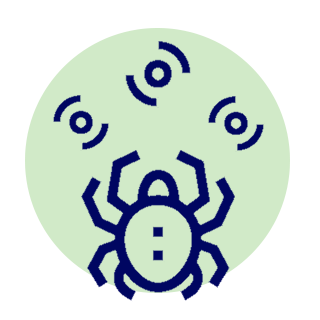
Lyme Disease
& Post-Lyme Syndrome
More Chronic Illnesses
If you still do not see your disorder or primary symptom on this list, we can still help you!
Our goal at the Michael Rothman MD is to work with you to determine the root cause of your health concerns. We have helped people with nearly every condition, from rare chronic diseases to natural aging. If you have symptoms that have persisted for more than three months despite treatment, we most likely want your case. No matter the diagnosis, it comes down to identifying what has gone wrong inside the body and how we can help your body fix the problem. We enjoy great success because we specialize in the restoration of the optimal functioning of the body, mind, and spirit, instead of solely focusing on the treatment of symptoms and disease.
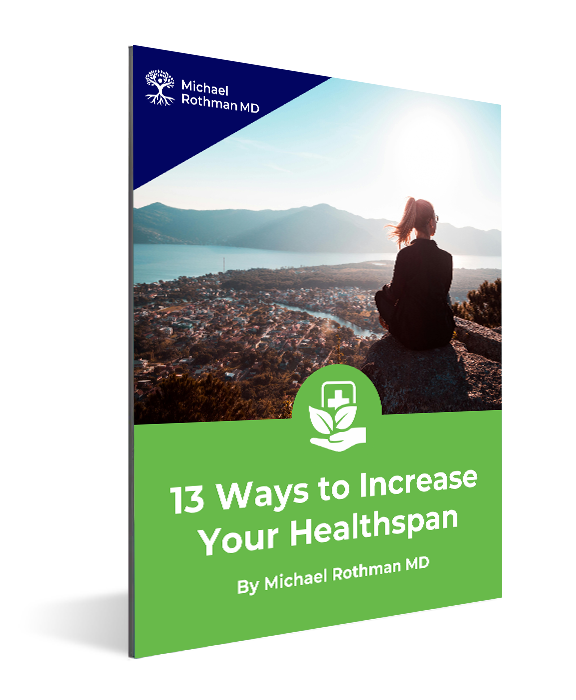
Subscribe For Expert Insights

